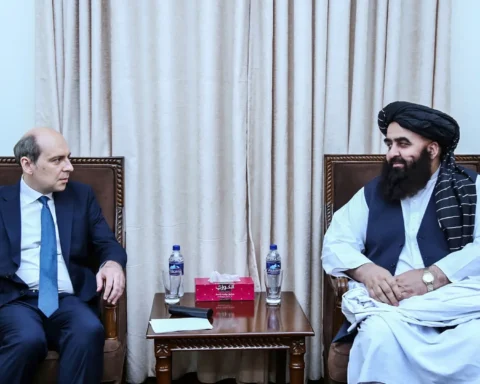Tanzania’s Parliament has given the green light to a new national budget for the Ministry of Minerals, allocating TZS 224.98 billion for the 2025/2026 financial year.
The move signals a strong commitment to developing the country’s rich mining sector, even as the government faces economic pressures and shifting priorities.
The announcement was made by Minister for Minerals Anthony Mavunde while presenting the ministry’s financial plan to Parliament on May 2. He explained that the budget would support not just administrative work but also key strategic projects aimed at enhancing Tanzania’s mineral resources and public services.
“Honourable Speaker, in order for the Ministry to achieve its objectives—particularly the target of collecting TZS 1.4 trillion in revenue—we are requesting this House to approve TZS 224.98 billion for the operations of the Ministry and its institutions in the coming financial year,” said Mavunde.
While the newly approved budget is notably lower than the previous year’s figure of over TZS 500 billion, the government appears undeterred in its focus on reform and efficiency. Minister Mavunde outlined plans to fight mineral smuggling, tighten oversight in areas like the Tanzanite industry, and modernize how the sector is managed.
Part of this transformation includes the introduction of a real-time monitoring system in the Mirerani mining area—Tanzania’s precious Tanzanite hub. Inspectors and valuers will now be required to wear safety helmets fitted with body cameras to ensure transparency in operations and reduce opportunities for illegal trade.
To improve on-the-ground oversight, the Ministry is also set to purchase 26 vehicles for use by the Mining Commission, helping them carry out inspections, enforce the law, and offer technical support in remote areas where artisanal and small-scale mining is common.
Also Read; Ghana Surpasses SA To Become Africa’s Leading Gold Producer
Mavunde also unveiled a flagship programme titled Mining for a Brighter Tomorrow (MBT). This new initiative will encourage the inclusion of underrepresented groups—especially women, youth, and people with disabilities—across the entire mining value chain. The programme is part of the Ministry’s wider ambition under the national Vision 2030 strategy to make the mining sector a meaningful contributor to people’s livelihoods.
Looking to the future, the Ministry plans to invest in modern geoscientific technologies, including airborne geophysical surveys, to enhance the country’s geological data. This is expected to create synergies between mining and other sectors like agriculture, water resources, healthcare, and land management.
In passing the budget unanimously, Members of Parliament showed a shared belief that responsible investment in Tanzania’s mining sector could help drive economic growth, generate jobs, and improve the lives of ordinary citizens. The months ahead will determine how these plans translate from paper into real progress on the ground.






